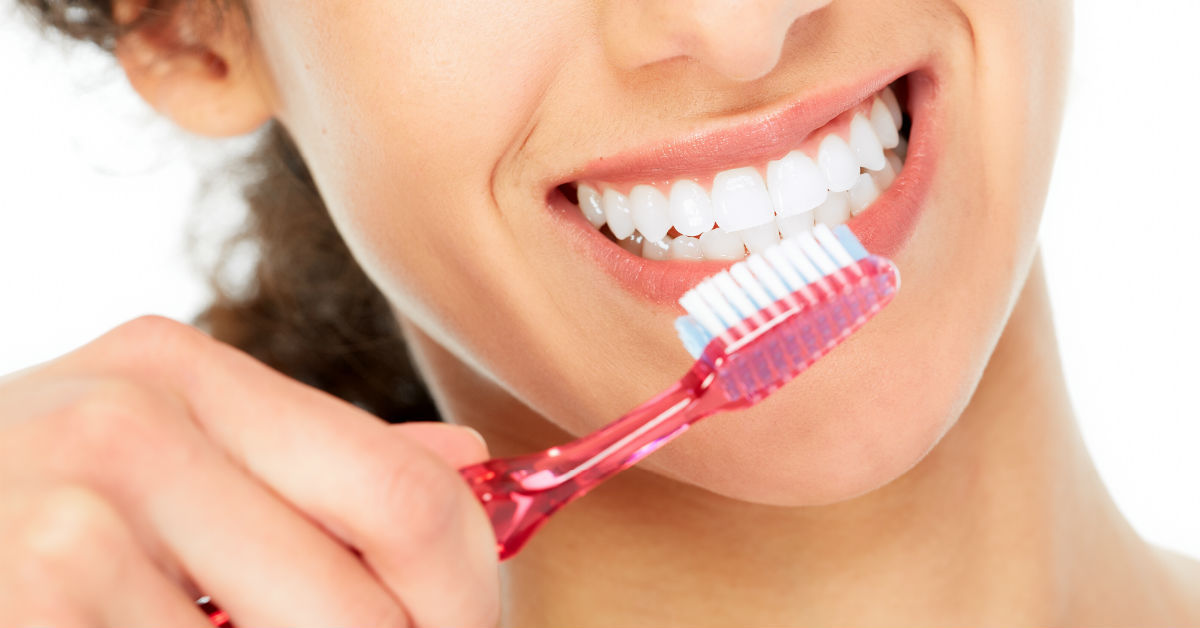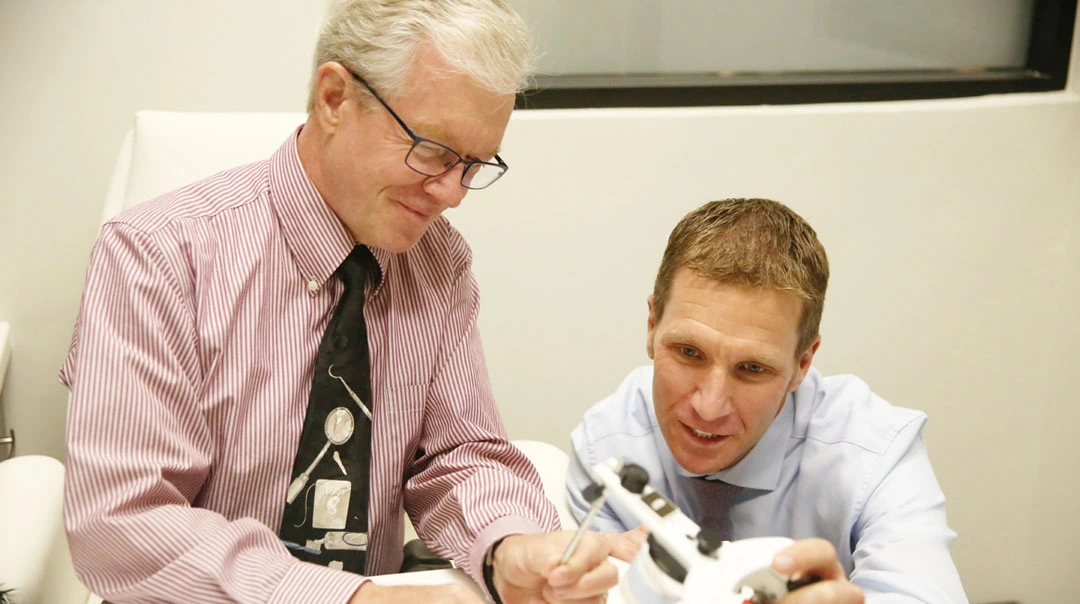
Few adults in the U.S. have escaped the effects of a cavity. In fact, the Centers for Disease Control and Prevention suggests 91% of adults over 20 have experienced at least one. They also report that 27% of adults have tooth decay that has gone untreated. With over $113.5 billion going to dental services annually, it’s a good idea to understand how proper oral care is an investment in better overall mental and physical wellness.
By using the mouth as a looking glass into the body, this article examines the reciprocal relationship between oral health and overall body health, identifies signs that it’s time to visit your dentist, and discusses preventative measures to help keep your pearly whites healthy.
More Than Just Cavities- Oral Health Issues
Though cavities and tooth decay are widespread, they are not the only common mouth ailments affecting Americans. Gum disease, both gingivitis and more serious cases of periodontitis are extremely prevalent and may affect up to three out of every four individuals. While gingivitis may lead to sensitive, swollen gums, the more extreme form of gum disease, periodontitis, can cause irreversible destruction to bones and connective tissue that supports teeth causing them to fall out.
Physical Health Conditions Affected by Oral Health
While the pain and possible outcomes of gum disease are disturbing, even more alarming is the effect oral health can have on the rest of the body. The American Dental Organization advocates that there are “more than 125 health conditions that may affect or be affected by oral health.” Some of these conditions include respiratory disease, osteoporosis, diabetes, heart disease, and preterm labor.
Respiratory Disease and Pneumonia
Feeling out of breath, achy, and have a continuous cough? You normally wouldn’t think to trace a respiratory illness to your mouth, but if you have gum disease it may be the source. Both bacterial pneumonia and chronic obstructive pulmonary disease (COPD) have been linked to poor oral health. Patients with periodontal disease can have increased oropharyngeal flora which, if aspirated into the lungs, can cause bacterial pneumonia. Some research suggests a connection with neutrophils, or white blood cells, that are found in both inflamed gums and in the walls of lung airways. Though there is no definitive causal relationship in the two conditions, the similarities in pathophysiological processes may suggest treatment for one could affect the other.
Osteoporosis
Both osteoporosis and periodontal disease weaken or destroy bone, the latter affecting the alveolar bone and tooth attachment. Some research suggests osteoporosis is connected with the development and progression of periodontitis. Whether there is a direct correlation in the development of both diseases, evidence suggests individuals suffering from both are at higher risk of losing teeth and of edentulism (being toothless).
Dental Care and Diabetes
Individuals with diabetes may be more prone to periodontitis. The Center for Disease Control finds that diabetic patients are two times more likely to have gingivitis or periodontitis as those without the disease of the same age. This may be especially true with those suffering from type 1 diabetes. Studies suggest greater frequency or severity of periodontitis in patients with type 1 compared to a similar group without diabetes. Another study focusing on type 2 diabetics found patients at a high risk of alveolar bone loss with periodontal disease. While the connection between the two diseases may not be causal, the correlation of complications is significant, qualifying periodontitis as the “sixth complication of diabetes.”
Glycemic control may be affected by inflammation of periodontitis which can increase insulin resistance. More research is needed to understand this occurrence.
Good oral hygiene practices can assist with managing blood sugar levels. When you brush your teeth, it’s a signal to your body that mealtime is over, helping with portion control and the desire to snack.
Correlation Between Gum Disease and Heart Issues
Though the American Heart Association concludes heart disease is not caused by gum disease or vice versa, studies show a correlation between the two. Some research implies heart issues may develop because of the added bacteria in the mouth which may then enter the bloodstream and promote clot formation. Another explanation suggests that high levels of bacteria in the mouth may indicate a weak immune system that is unable to fight the bacteria or diseases found in the heart. The correlation could also be due to how gum disease can affect the flow of the cardiovascular system, perhaps increasing blood vessel thickness.
How Your Mouth Might Affect Your Pregnancy
Gum disease in pregnant women can lead to preterm labor and low birth weight. Some research suggests that the bacteria associated with periodontitis can penetrate the blood stream and reach the fetus causing developmental issues. Treatment of gum disease is not only important for the health of the baby but also for saving on overall medical costs. One study found that individuals with gum disease had significantly lower unrelated medical expenses if they had at least one periodontal treatment. This is especially true for prenatal patients who had 74% lower medical bills by avoiding early births.
Signs It’s Time for a Trip to the Dentist
Plaque only takes 20 minutes after eating to begin forming. If not properly cleaned, a downward spiral of tartar buildup, tooth decay, and gum disease can follow. If you notice infection in your gums or they become swollen, tender, or bleed, it’s a good sign you need to schedule a dental appointment.
Treating mouth issues early can save you from unnecessary pain in your mouth and wallet. Where typical preventative services typically cost around $100 or less, restorative services such as fillings, root canals and crowns can range from $150 to $1000 plus.
Prevention and Treatments of Gum Disease and other Oral Health Issues
Caring for your Teeth at Home
Are you part of the 13.5% of Americans that floss daily? Though clearly not a nation-wide habit, flossing is important for avoiding gingivitis and periodontitis. The American Academy of Periodontology also suggests brushing your teeth and tongue after each meal as well as swishing with mouthwash to reduce plaque. Brush thoroughly but gently as to not irritate the gums.
Regular Visits to the Dentist Office
Routine deep cleaning at the dentist can involve scaling and root planing. These procedures include scraping tartar off the teeth and cleaning areas on the tooth root prone to germs. If you are already experiencing symptoms of gum disease, the doctor will focus on treatment of the infection and may refer you to a periodontist specializing in gum disease. Basic periodontal therapy has shown to improve health in many of the medical conditions previously mentioned.
Healthy Mouth- Healthy Mind
Your mouth can be the window to your overall well-being. Oral hygiene is also known to affect mental health and perceived quality of life. Some studies show greater confidence and a sense of enhanced appearance because of teeth. Healthy teeth and gums can affect your enjoyment of food. Healthy cognitive function is also associated with healthy mouths.
Like your mom always told you, taking care of your teeth matters. Understanding your mouth’s connection to your overall health can motivate better preventative care as well as help you know when it’s time to seek professional dental services.



Leave a Reply